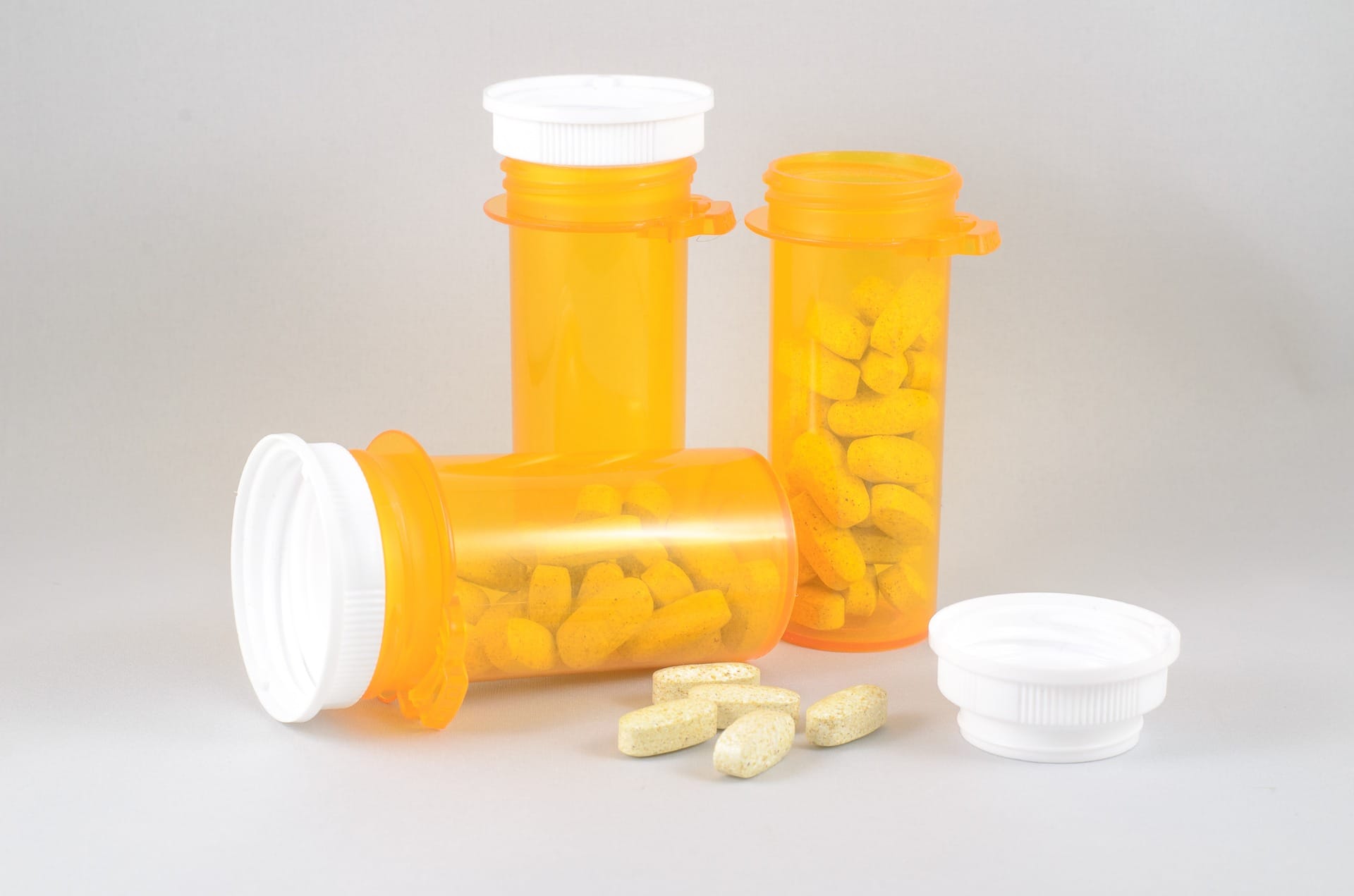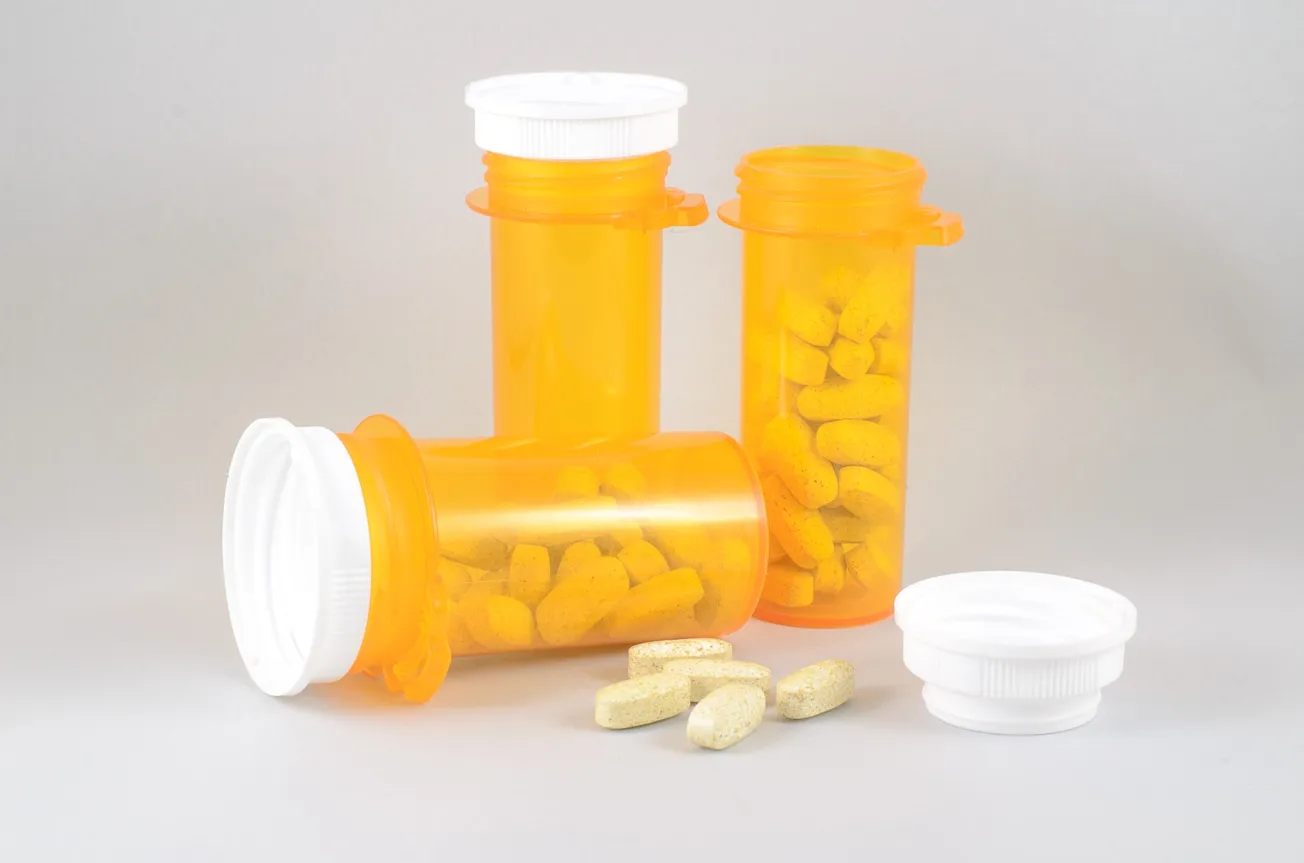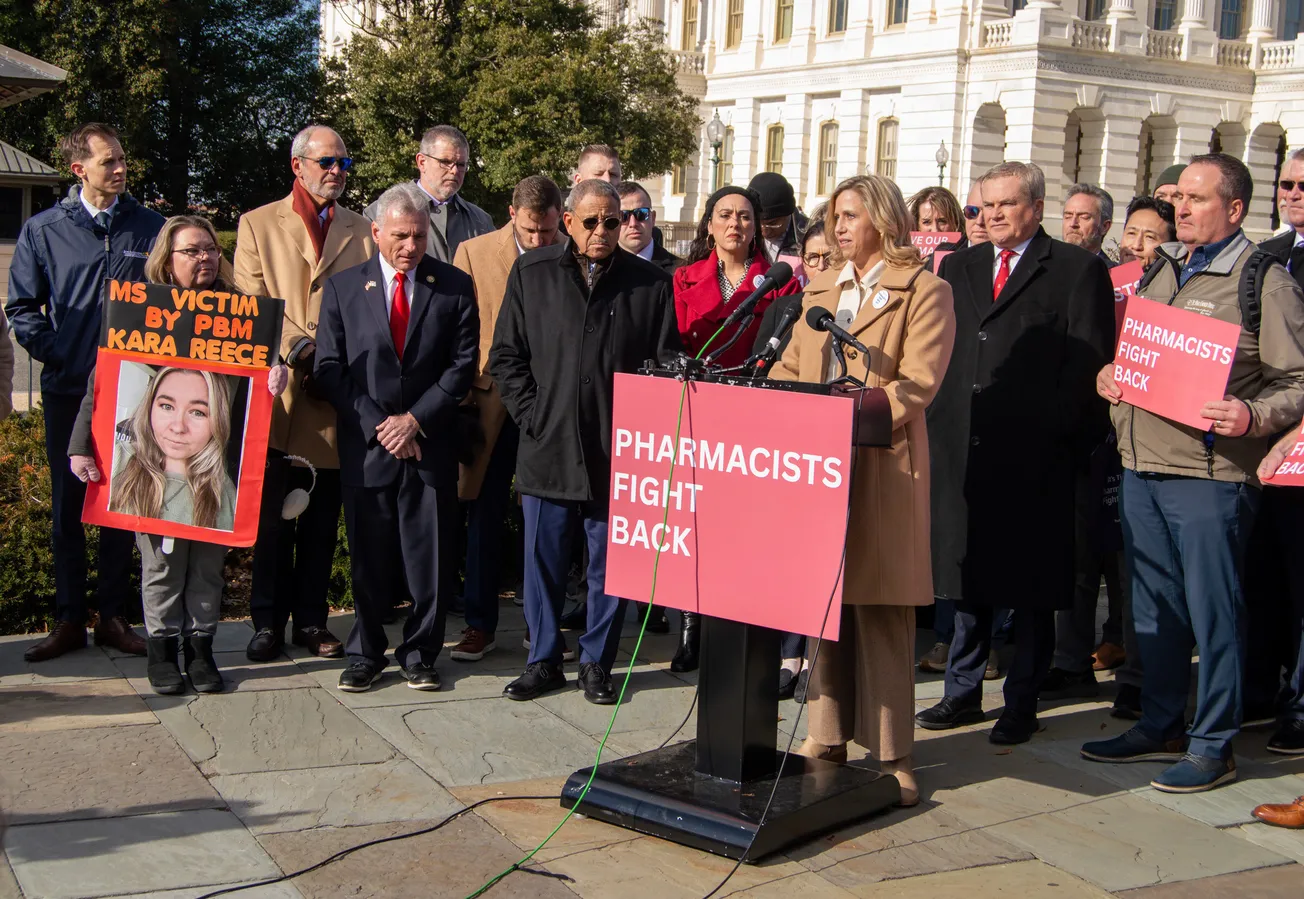ARLINGTON, Va. — Allied Against Opioid Abuse (AAOA), a national initiative to help prevent prescription opioid abuse and misuse through education, has created a pharmacy toolkit to equip pharmacists with resources to engage and educate patients about the safe use, storage and disposal of pain medicines.

AAOA, along with its founding member, the Healthcare Distribution Alliance (HDA), and its pharmacy partners, including the National Alliance for State Pharmacy Associations (NASPA) and the National Community Pharmacists Association (NCPA), developed a full suite of educational materials to help prevent and reduce instances of prescription opioid abuse and misuse. These materials focus on helping pharmacists to educate their patients and caregivers about the rights, risks and responsibilities associated with prescription opioids.
“Pharmacists are an important touch point for patients taking prescription opioids. Every time a patient picks up or refills an opioid prescription, pharmacists have an opportunity to have a conversation and increase awareness about the rights, risks and responsibilities related to these medicines,” said NCPA chief executive officer B. Douglas Hoey. “The AAOA Pharmacy Toolkit provides pharmacists with simple and straightforward information that will help them navigate these important conversations to help reduce prescription opioid abuse in communities across the country.”
Independent pharmacies in Connecticut, Florida, Minnesota, Ohio, Pennsylvania and Tennessee will receive the AAOA Pharmacy Toolkit in the mail. The state pharmacy associations in those states collaborated on the development of the toolkit materials.
“As the opioid epidemic continues to take its toll on communities across the country, pharmacists have a responsibility to raise awareness and take action at the local level to help reduce the misuse and abuse of prescription opioids,” said NASPA executive vice president and CEO Rebecca Snead. “The AAOA Pharmacy Toolkit is a collaborative effort on the part of stakeholders who are committed to educating pharmacists, as well as patients, caregivers and community members about appropriate access, safe use and proper disposal of opioid medications.”
Prescription opioids carry serious risk of addiction and overdose, especially with prolonged use, so it is important that patients talk to their healthcare provider and pharmacist when opioid medicines are prescribed to make sure they understand the risks and potential side effects as well as their responsibility to safeguard them. When those medicines are taken home, patients can help prevent prescription opioid misuse and abuse by safely storing the medicine in a secure place and promptly disposing of any expired or unused pills.
A recent national poll conducted by AAOA found that nearly 70% of the consumers surveyed said they would be more likely to safely store and dispose of prescription opioids if they were given information on the best way to do so. In the same poll, more than seven in 10 said detailed instructions from a pharmacist would make a meaningful difference in addressing the opioid epidemic.
“These statistics highlight the need for increased education and awareness to ensure patients and consumers know how to safely use, store and appropriately discard leftover pills,” said HDA president and CEO John Gray. “This toolkit will facilitate much-needed discussion between pharmacists and the customers they serve.”
“We are pleased to join our partners within the pharmacy community to release this critical resource that will help pharmacists educate patients, caregivers and community members,” said Minnesota Pharmacists Association Interim executive director Marsha Millonig. “The toolkit builds on the work the Minnesota Pharmacists Association has been doing to educate about proper disposal of prescription opioids. By using these new resources and taking time to have a conversation with our patients about the steps they can take to safely use, store and properly dispose of their pain medicines, together we can make a difference in combating the opioid epidemic.”







